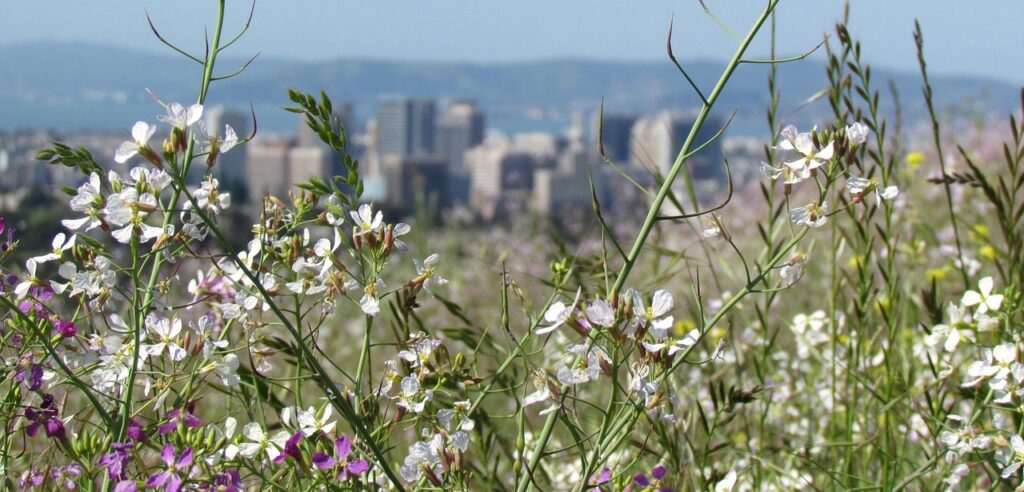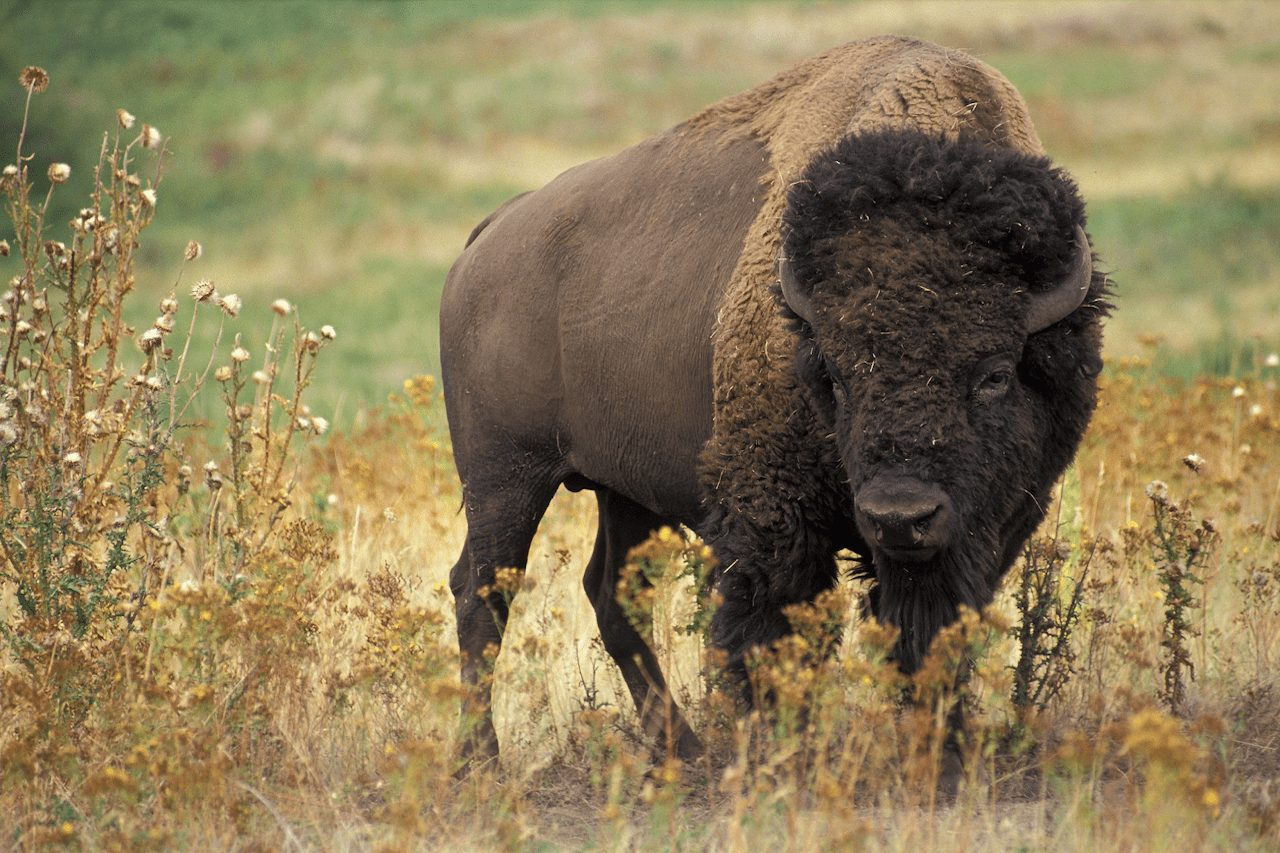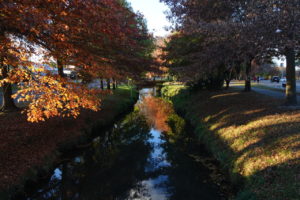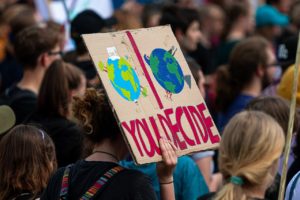Let the great rewilding of the world begin with you
Let yourself be absorbed into something larger and
Less tame than your isolated self.
(Lorraine Anderson)
Recently a heading in the Times Newspaper, ‘Rewilding: a meaningful response to the biodiversity Crisis, stimulated my imagination and curiosity, moving me to explore possibilities in the growing urgency of the climate crisis.
The word ‘rewilding’ originated in the Unites States in the 1980’s and was used by concerned ecologists at the time. Since then, it has taken on a meaning in the popular lexicon to refer to anything that would give nature a boost. It is generally referred to as a process of restoring and protecting natural ecosystems by reintroducing species that have been lost or reduced and by allowing natural processes to shape the environment.
Basically, it is letting nature take care of itself, enabling natural processes to shape land and sea, repair damaged ecosystems and restore degraded landscapes. Through rewilding, wildlife’s natural rhythms create wilder, more biodiverse habitats. The goal is to reverse ecological degradation, improve biodiversity and allow nature to function more like it did before human intervention.
Rewilding is important and plays a crucial role in restoring biodiversity and modifying the impact of climate change. By reintroducing lost species and restoring natural ecosystems, rewilding can help maintain or boost biodiversity which is essential for ecosystem resilience. Rewilding practices, such as the restoration of peatlands, forests and wetlands, can help halt carbon and reduce greenhouse gases in the atmosphere. A restored, healthy ecosystem is more resilient to flooding, wildfires and other natural disasters.

While rewilding offers many benefits, it is not without its challenges. Some people may be concerned about the reintroduction of predators or large herbivores in areas where they have been absent for centuries. Moreover, rewilding projects can be costly and require long-term funding and management. Furthermore, there is no guarantee that reintroducing certain species will have the desired ecological effects, especially if the environment has already changed significantly.
Rewilding is an emerging field, and the future holds promising possibilities. Advancements in science, technology and community engagement are helping to make rewilding projects more feasible and impactful. Rewilding has entered mainstream academia, becoming more inclusive and giving people more opportunities to engage at a local level. As the global movement grows, there is hope that rewilding can become an essential tool in combating biodiversity loss and environmental degradation.
Rewilding is an exciting and hopeful approach to restoring the natural world. Through the careful restoration of ecosystems and the reintroduction of lost species, we could revitalize landscapes, safeguard biodiversity, and support a healthier planet for future generations. By reimaging our relationship with nature, rewinding gives us a chance to heal some of the damage we have caused and maybe create new opportunities for agreement.
Liz (Elizabeth) Hartigan, a Sister of Our Lady of the Missions (RNDM), now retired and living a semi active life in an aging community in Dublin Ireland, after spending over fifty years on mission outside her own country. She is an Educator with teacher training from Liverpool UK and Degrees in Psychology and Theology.
Apart from many years in schools, her ministry has taken her to work with adults with disabilities, pastoral ministry in prison and in parish. She has served the Congregation on Leadership Teams both internationally and locally and feels privileged to have experienced the hard-working missionary spirit of RNDM’s in many needy and difficult areas throughout the world. At present she is Province contact for “Care of Our Common Home” Congregational project as well as enjoying the services she gives in community and in the area.





Always enjoy reading a hopeful reflection about our earth and our relationship to it. I especially am interested in the local and personal possibilities- tried to introduce milkweed into my garden unsuccessfully last year, but will try again this year- one small step!